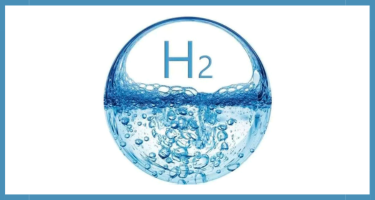 Add My Company
Add My Company
Hydrogen- The Future Fuel for Energy
19/04/2023

What is Hydrogen fuel?
Hydrogen is the most abundant chemical element, estimated to contribute to 75% of the mass of the universe. Vast numbers of hydrogen atoms (H2) are contained in water, plants, animals and of course humans. While Hydrogen is present in nearly all molecules in livings things, it is very scarce as a gas form.
A fuel is a chemical that can be ‘burnt’ to provide useful energy. Historically we have used Methane, derived from ‘natural gas’ extracted from oil and gas fields, as the main source of fuel for powering our homes, businesses and power stations.
In the process of ‘burning’ Methane to produce the fuel, the waste product alongside water is carbon dioxide, which when released into the atmosphere, contributes to climate change.
When Hydrogen is ‘burnt’ the only waste by-product leftover is water (H2O), making Hydrogen a lucrative clean fuel alternative.
How is it produced?
As Hydrogen is not abundant in gas form naturally, we have to manually produce it in order to utilise it as a fuel source. There are many ways to produce Hydrogen. The main methods are:
- Steam Reforming from Natural Gas - Grey Hydrogen
- Steam Reforming with Carbon Capture - Blue Hydrogen
- Electrolysis using renewable Energies - Green Hydrogen
What do we do?
Hazardous gas areas in installations are typically associated with hydrocarbon production processes, where gases such as methane, hydrogen sulfide, and volatile organic compounds (VOCs) can be present. These gases are highly flammable, toxic, and can pose serious health risks to workers if not handled properly.
Ensuring that workers are well-trained and educated on the risks associated with hazardous gases is crucial in offshore installations.
At EPIT we offer an exclusive Hydrogen & Explosion protection Awareness course, tailor made to provide personnel with the necessary knowledge and tools for working with hydrogen in hazardous areas, covering the following topics:
- Introduction to Hydrogen Energy
- Hazardous area classification
- Certification, documentation & labelling
- Ignition properties
- EN / IEC 60079 & 80079 standards
- Ingress protection
- Ex methods of protection for electrical equipment
- Ex methods of protection for non-electrical (mechanical) equipment
- Hybrid Ex equipment
- Inspection & maintenance of equipment
- Repair & overhaul of equipment
For more information on Hydrogen- The Future Fuel for Energy talk to EPIT Group
